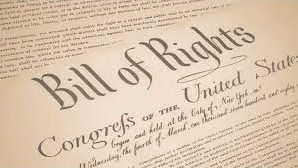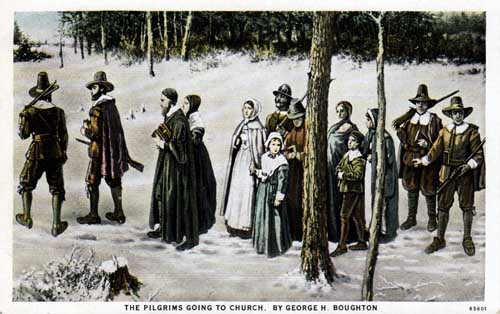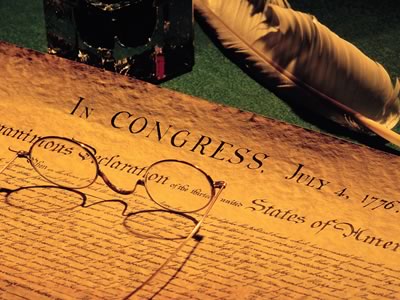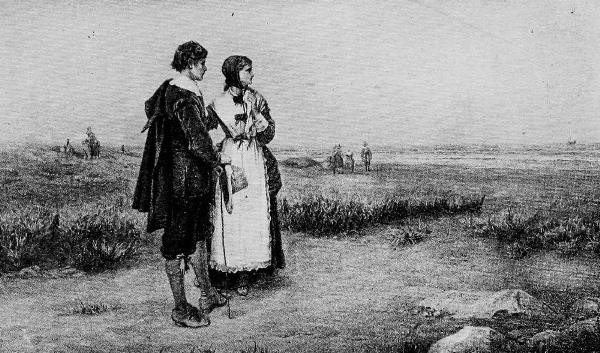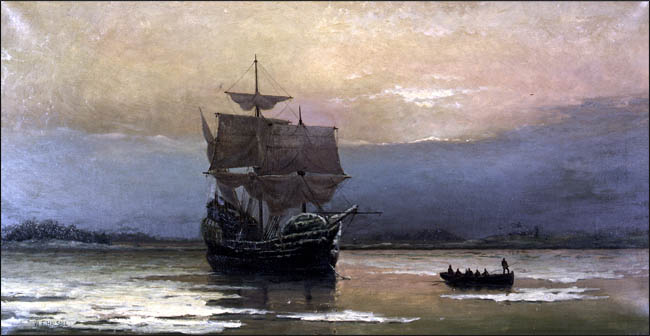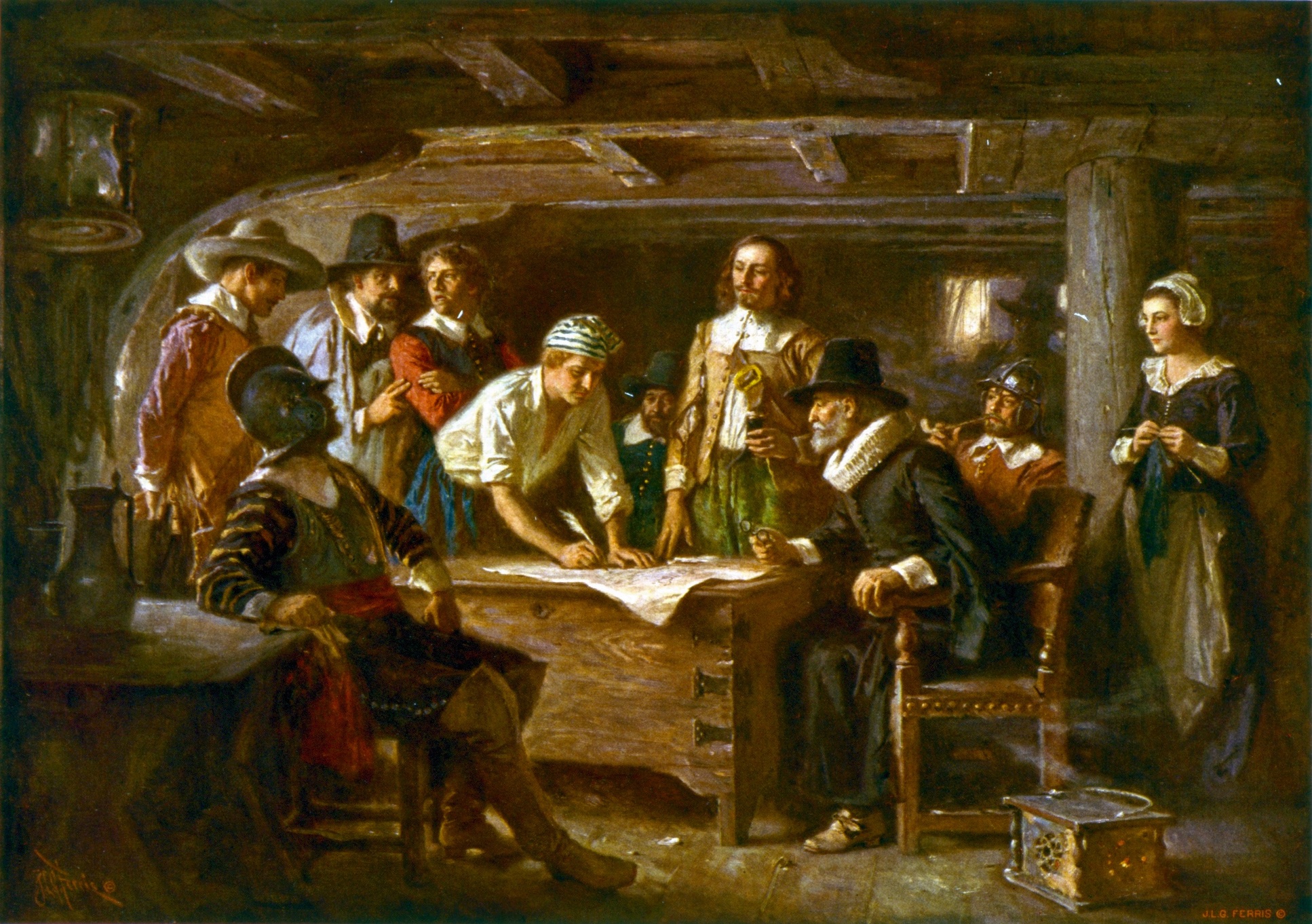Presidents’ Day
Originally established in 1885 by the U.S. Congress to honor George Washington’s birthday (February 22), Presidents’ Day has a long and interesting history, and now honors all past Presidents. There are four U.S. Presidents who were born in February – George Washington, William Henry Harrison, Abraham Lincoln, and Ronald Reagan. Throughout the 1800s, Washington’s birthday…
Details


